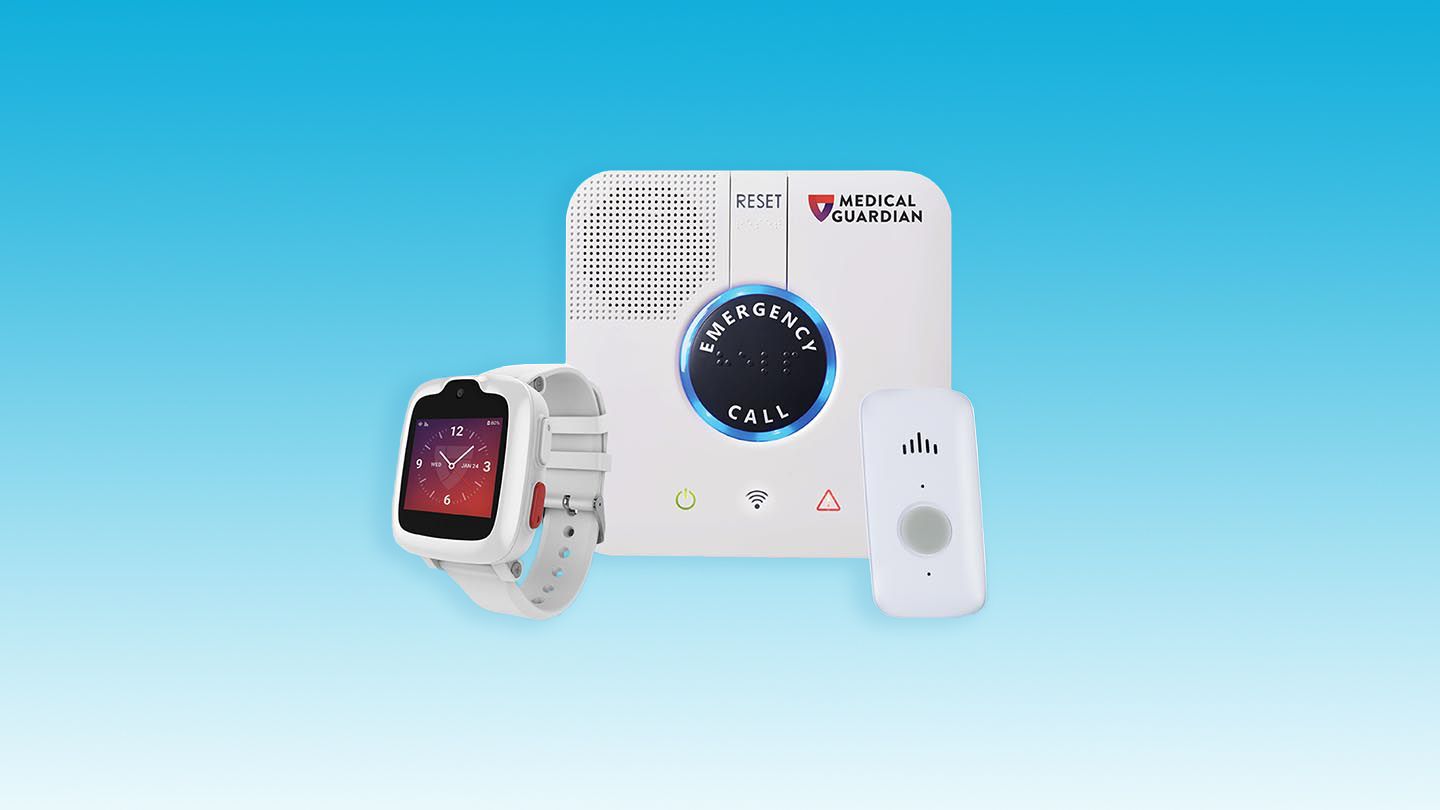Hey there! Let's talk about something that affects so many older adults but rarely gets the attention it deserves. If you've ever watched your loved one struggle with a bite of food or noticed them taking forever to finish a meal, you might be seeing the signs of swallowing problems in the elderly.
Here's the thing this isn't just about being "careful" with food. Nearly 1 in 6 older adults experience some form of difficulty swallowing, also called dysphagia. And honestly, it's way more common than people realize. But here's the good news: we can do something about it together.
Let's dive into what's really happening when someone has swallowing problems, why it matters more than you might think, and what steps you can take to help your loved one eat safely and comfortably again.
What Exactly Are Swallowing Problems?
So what exactly are we talking about when we say "swallowing problems in the elderly"? Well, the medical term is dysphagia, and it's exactly what it sounds like difficulty getting food or liquid from your mouth down into your stomach safely.
Think about how many times a day you swallow without even thinking about it. Every sip of coffee, every bite of sandwich, every pill it all requires this complex dance of muscles and nerves that we usually take for granted. But as we age, this intricate system can start to... well, not work quite as smoothly.
There are two main types of dysphagia that affect seniors. The first happens in the mouth and throat area (called oropharyngeal dysphagia), and the second occurs in the esophagus itself (esophageal dysphagia). Both can make mealtimes challenging, but they have different causes and solutions.
You'll know something's up when you notice things like choking during meals, taking unusually long to eat, or suddenly avoiding foods they used to love. Maybe they're pushing away that juicy steak or skipping their morning toast because it feels "stuck" somewhere along the way down. These aren't just signs of picky eating they're real red flags that something's off with their swallowing mechanism.
What Causes These Issues?
Now, let's talk about why swallowing problems in the elderly happen so often. Spoiler alert: it's usually not just "getting old." There are actual medical reasons behind these difficulties, and understanding them can help us figure out the best way to help.
One of the biggest culprits is stroke. When someone has a stroke, it can affect the parts of the brain that control swallowing, sometimes suddenly and dramatically. Parkinson's disease is another major player here the progressive nature of this condition means swallowing challenges often get worse over time. Then there's dementia, which affects not just memory but also muscle coordination throughout the body, including those important swallowing muscles.
But it's not always a big medical event that causes issues. Sometimes it's the little things that pile up. Acid reflux or GERD can cause inflammation in the throat and esophagus, making swallowing uncomfortable or painful. Poorly fitting dentures can make it hard to chew properly in the first place, setting up a cascade of problems. And don't underestimate the power of certain medications those innocent-looking pills might be causing dry mouth as a side effect, making everything harder to swallow.
| Condition | Risk Level | Notes |
|---|---|---|
| Stroke | High | Sudden onset; requires immediate attention |
| Parkinson's | Moderate-High | Progressive worsening over time |
| GERD | Low-Moderate | Often manageable with proper care |
| Poor Dentures | Mild-Moderate | Can improve easily with dental care |
I remember working with a wonderful lady named Margaret whose family thought she was just "being difficult" about eating. She'd always been the family cook, making huge Sunday dinners for everyone. But suddenly she was skipping meals and getting frustrated with food. Turns out, her blood pressure medication was causing severe dry mouth, and she hadn't connected the dots. Once her doctor adjusted the timing and added some strategies for staying hydrated, mealtime became enjoyable again. Sometimes the solution is simpler than we think!
Why This Matters More Than You Realize
You might be thinking, "Okay, so someone eats slower or avoids certain foods. What's the big deal?" Well, here's where things get serious, and why we can't just brush these swallowing problems in the elderly off as normal aging.
First, there's the choking risk something that's scary for everyone involved. But even beyond that immediate danger, there's a more insidious problem called aspiration pneumonia. This happens when food or liquid accidentally goes "down the wrong pipe" into the lungs instead of the stomach. It can lead to serious lung infections that require hospitalization, and for older adults, these can be particularly dangerous.
Then there's the nutrition piece. If someone is avoiding foods because they're hard to swallow, they're probably not getting the nutrients they need to stay healthy and strong. We're talking about weight loss, weakness, and a downward spiral that can affect everything from their energy levels to their ability to fight off other illnesses.
But let's not forget the emotional toll here. Have you ever felt embarrassed about struggling with something that "should" be easy? That's how many seniors feel when they can't swallow comfortably anymore. They might start avoiding social situations where food is involved, which can lead to isolation and depression. When food one of life's greatest pleasures becomes a source of anxiety, that's when we know we really need to step in.
I think about Maria, whose daughter told me her mom had stopped joining the family for Sunday dinner. She was always the heart of those gatherings, telling stories and making everyone laugh. But gradually, she started making excuses to skip meals because she was afraid of choking in front of everyone. The shame and fear were eating away at her confidence more than any actual physical problem was.
How Doctors Figure It Out
So when should you start thinking about getting help for swallowing problems in the elderly? Pay attention to those persistent signs frequent coughing or throat clearing after eating or drinking, unexplained weight loss, or if they're getting respiratory infections more often than usual. These aren't just annoying symptoms; they're your body's way of saying "something's not right here."
When you do see a doctor, they'll likely want to run some tests to get the full picture. One common one is called a videofluoroscopic swallow study sounds intimidating, but it's really just an x-ray that shows exactly what's happening when someone swallows. Another option is a fiberoptic endoscopic evaluation, where a tiny camera helps doctors see the throat and swallowing muscles in action.
Often, a speech-language pathologist gets involved too, which might surprise you. These specialists aren't just for helping people speak they're swallowing experts! They understand the mechanics of how everything works together, and they can spot tiny problems that others might miss.
Here's something you can start doing right now, even before that doctor's appointment: keep a simple log of what you're observing. How often are they choking or coughing? Which foods do they avoid? Have they lost weight recently? What medications are they taking? According to research, families who come prepared with this kind of information help doctors make better, faster decisions about what's happening and how to help.
Managing Swallowing Difficulties
The good news? There are so many ways to help manage and treat dysphagia in elderly adults. It's not a hopeless situation at all it's just about finding the right approach for each person's specific needs.
Sometimes it's as simple as adjusting food textures. Pureed foods might seem unappealing, but there are ways to make them still taste great and look appealing. Minced or soft foods can be a good middle ground. And thickened liquids don't have to mean giving up coffee or juice there are products that thicken beverages while keeping their flavor intact.
Working with a speech-language pathologist opens up a whole world of strategies. They can teach specific techniques like the chin tuck (tucking your chin toward your chest while swallowing) or the double swallow (swallowing twice on each bite) that can make a huge difference in safety. They might also recommend exercises to strengthen those swallowing muscles, kind of like physical therapy but for your throat.
At home, there are practical tools that can make mealtime easier and safer. Special plates with high edges can help someone push food around more easily. Cups with spouts or straws designed for thickened liquids can reduce the risk of aspiration. Even something as simple as using a humidifier in the bedroom can keep the throat less dry and more comfortable throughout the day.
I love sharing this tip with families: don't try to make everything "perfect" or hospital-like right away. Start small. Maybe begin with just thickening their morning coffee and see how that goes. Small changes are more sustainable than trying to overhaul everything at once.
Prevention and Daily Care
While we can't turn back the clock on aging, there are definitely things we can do to help prevent or at least minimize swallowing problems in elderly adults. Think of it like maintaining a car regular care makes everything run better for longer.
Hydration is one of the biggest, simplest things. When we're dehydrated, everything becomes more difficult swallowing included. Encourage small sips of water throughout the day rather than waiting until someone is really thirsty. And don't forget about good oral hygiene keeping teeth and gums healthy makes eating more comfortable and chewing more effective.
Chewing slowly and thoroughly might seem like common sense, but it's amazing how many of us rush through meals without really thinking about it. Taking time to chew properly gives the brain and muscles more time to coordinate that swallow properly.
Here's where medications can be tricky. Many common prescriptions from blood pressure pills to sedatives list dry mouth as a side effect. If you're wondering whether a particular medication might be contributing to swallowing problems, it's worth asking a pharmacist or nurse to review the side effects. Sometimes timing adjustments or additional strategies can make a world of difference.
For caregivers, here's what I always emphasize: don't assume that slowing down with meals is just part of getting older. Watch closely for changes in body language during eating. Are they tensing up? Looking frustrated? Those little signs can tell you a lot about what's really going on.
And please, please ask gentle questions like "Are you having trouble with this?" instead of making assumptions. The shame and embarrassment that often come with swallowing difficulties make it hard for people to speak up on their own. Creating a safe space for honest conversation is sometimes the first step toward real improvement.
Wrapping It Up
Look, swallowing problems in the elderly might seem like just another challenge of aging, but they deserve our full attention and care. It's not just about avoiding choking (though that's definitely important) it's about preserving dignity, nutrition, and the simple joy of enjoying a meal with the people we love.
When you notice your loved one avoiding certain foods, taking much longer to eat, or coughing after meals, trust your instincts. These aren't just signs of getting older they might be signals that something needs attention. And the earlier you address swallowing difficulties, the more options you have for keeping mealtime safe and enjoyable.
The path forward might involve working with doctors, trying new textures and techniques, or simply making small changes around the house. But no matter what approach you take, you're not alone in this journey. Help is available from speech-language pathologists who specialize in swallowing issues to supportive communities of families facing similar challenges.
Every person deserves to feel confident and comfortable when they eat. With the right support and strategies, swallowing problems in the elderly don't have to mean saying goodbye to the pleasure of food or the social connection that comes with shared meals. There's hope, there are solutions, and there are people ready to help you find what works best for your situation.
FAQs
What are the early signs of swallowing problems in seniors?
Typical early signs include coughing or throat clearing during meals, taking unusually long to finish food, avoiding certain textures, unexplained weight loss, and frequent respiratory infections.
How is dysphagia diagnosed in the elderly?
Doctors usually start with a clinical bedside evaluation, then may order a videofluoroscopic swallow study (VFSS) or a fiberoptic endoscopic evaluation of swallowing (FEES) performed by a speech‑language pathologist.
Can diet changes really improve swallowing safety for older adults?
Yes. Modifying food textures (pureed, minced, soft) and thickening liquids can reduce the risk of aspiration while still providing adequate nutrition and enjoyable meals.
When should I seek medical help for my loved one's swallowing difficulties?
Seek professional assessment if you notice persistent coughing after eating, unexplained weight loss, frequent chest infections, or if the person avoids meals because of fear of choking.
Are there exercises that can strengthen an elderly person's swallowing muscles?
Targeted swallowing exercises—such as the chin‑tuck, effortful swallow, and Mendelsohn maneuver—prescribed by a speech‑language pathologist can improve muscle coordination and safety.
Disclaimer: This article is for informational purposes only and does not constitute medical advice. Always consult with a healthcare professional before starting any new treatment regimen.
Related Coverage
Explore the most common health challenges facing senior citizens and learn effective strategies for managing age-related conditions and maintaining well-being as you get older....
Science reveals fascinating insights into the physical and emotional experience of dying. Learn what happens to the body and mind at end of life....
Check 2025 Medicare Medicaid income limits and see if you qualify for dual eligibility. Find programs like QMB, SLMB, and more....
Find the best Medicare options in Oklahoma with our simple guide. Learn about plans, enrollment, and help available in the Sooner State....
Learn how to change Medigap policy without medical underwriting, when guaranteed issue rights apply, and steps to switch safely....
Learn how Medical Guardian medical alert systems work, pricing, features and more. Reviews and frequently asked questions to help decide if it's the right choice....
Learn how to get and use your Medicare OTC card for free health and wellness items....
Meet the Medicare residency rule by holding a green card for 5 continuous years. Get tips on eligibility, exceptions, and how to apply successfully....
Find the best Medicare options in Washington with helpful guidance on plans, costs, and enrollment. Make informed decisions today....
Finding the right Medicare plan for parents doesn't have to be confusing. Get clear guidance on coverage options and make an informed choice....









